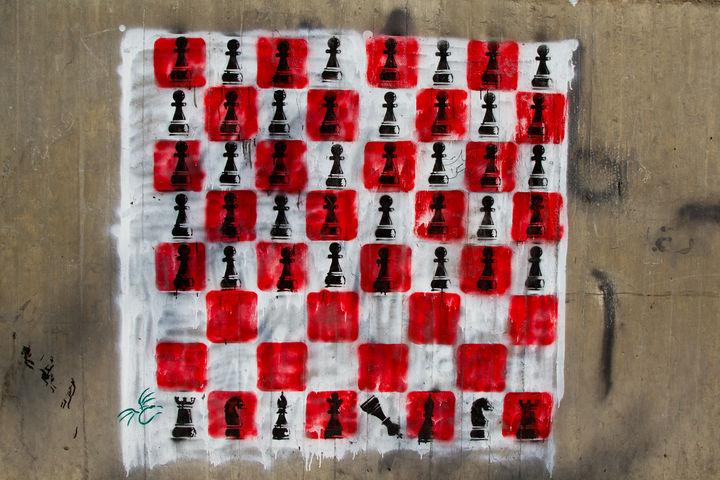Say you want a revolution
Cairo, Egypt
From a hill above the Valley of the Queens, I climbed down towards the tombs of the nobles. The hillside was carpeted with fist- and golf-ball-sized fragments of limestone, and entirely devoid of any sign of plant or animal life.
On the lower ground, the loose rock gave way to sand. Here and there I started to notice palm fronds and broken wooden laths, mingled with other debris - plastic bottles, a child's shoe. A section of blue-painted wall huddled against a low hill.
I was walking through what had once been a village of mud-brick houses, built among the ancient tombs that once housed the remains of scholars and administrators under the Pharaohs. The village was judged incompatible with plans to develop the area for tourism, so the inhabitants were resettled and their houses bulldozed.
By all accounts, the villagers are not happy with the arrangement. Their new breezeblock houses are too hot; the new village is too far from the places where they work. The destruction of the village may show off the tombs to better advantage for the benefit of tourists like me, but it's not clear how much of the money generated by tourism in Luxor will ultimately make its way to the people who were forcibly resettled to make a desert hillside prettier.
The uprising of 25th January was due, in part, to a feeling of powerlessness produced by issues like this. The ordinary people of Egypt, living under a regime that can be most politely described as 'unresponsive' to their needs or wants, finally took to the streets to demand an end to a system where arbitrary decisions were made for the benefit of the wealthy and powerful, at the expense of everyone else.
To some extent, there have been changes. The much-hated police walk more carefully now: the cops who used to demand bribes from local people using the ferry between Luxor and El-Gezira were nowhere in sight when I crossed over. Egyptians that I spoke to said that since January 25th they now believed that they could change things.
But they were also realistic that the country's problems were far from over. Many of the issues that sent them out into the streets and squares – unemployment, corruption, the rising cost of living – won't be solved overnight. Yet if solutions aren't found, solutions that will make a real difference for ordinary Egyptians, more unrest is inevitable.
A little distance from Tahrir Square, I saw a wall-painting that summed the situation up eloquently: it showed a red-and-white chessboard, with five rows of pawns facing down a single line of knights, rooks, bishops, king and queen. The king has been overturned.
All the other pieces are still on the board.
